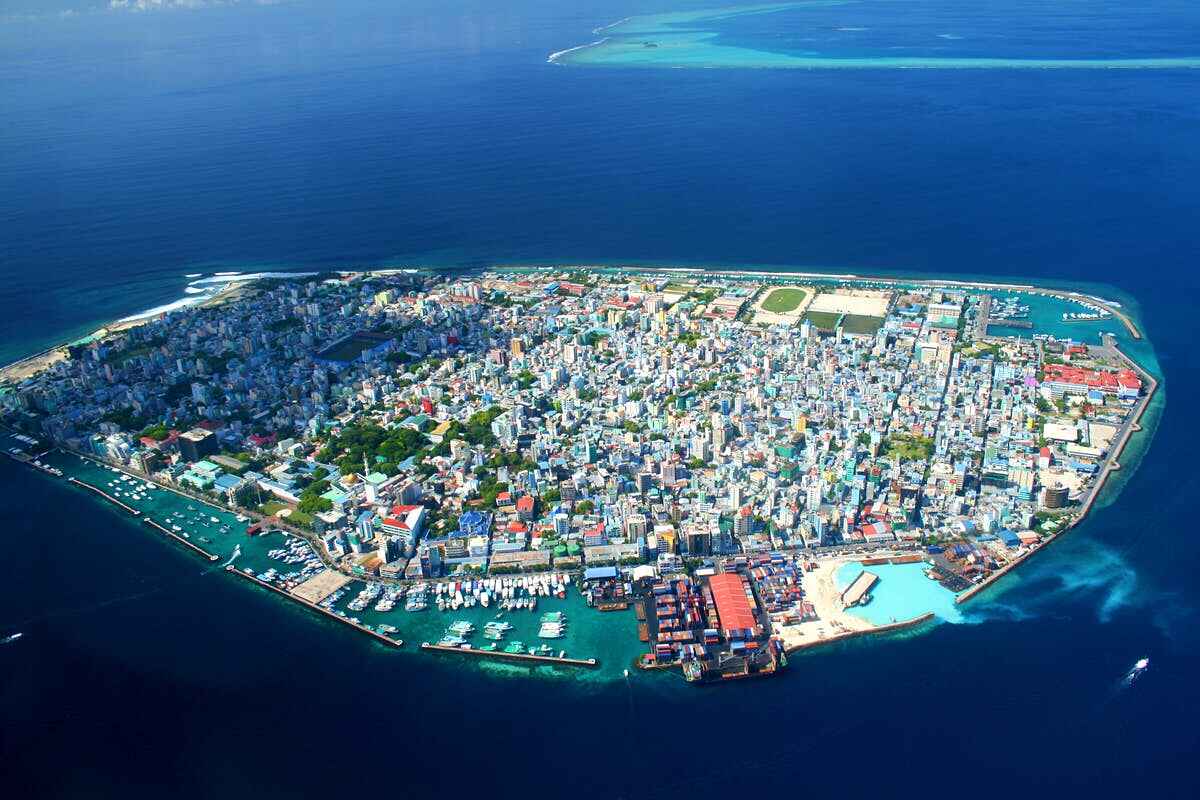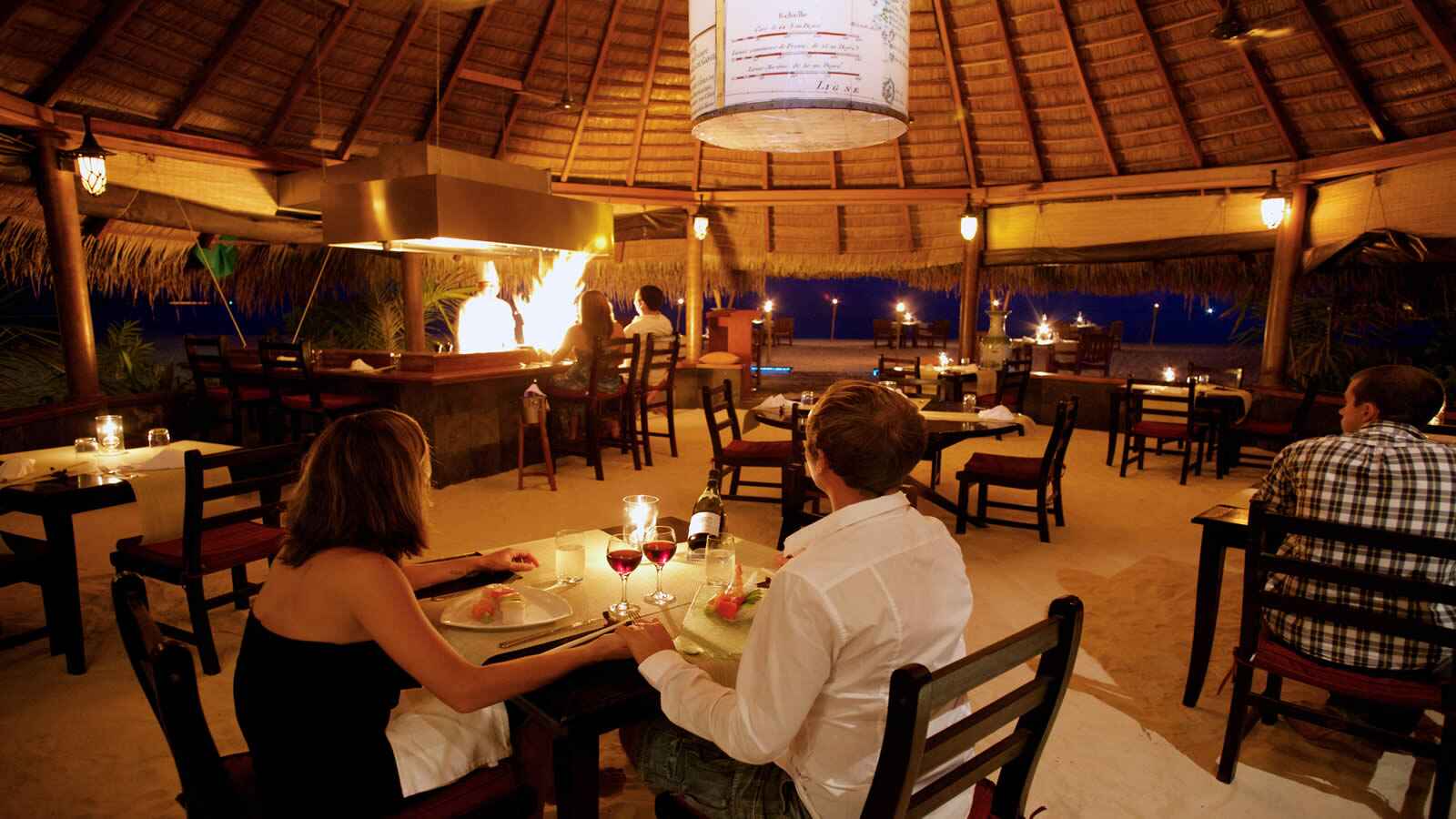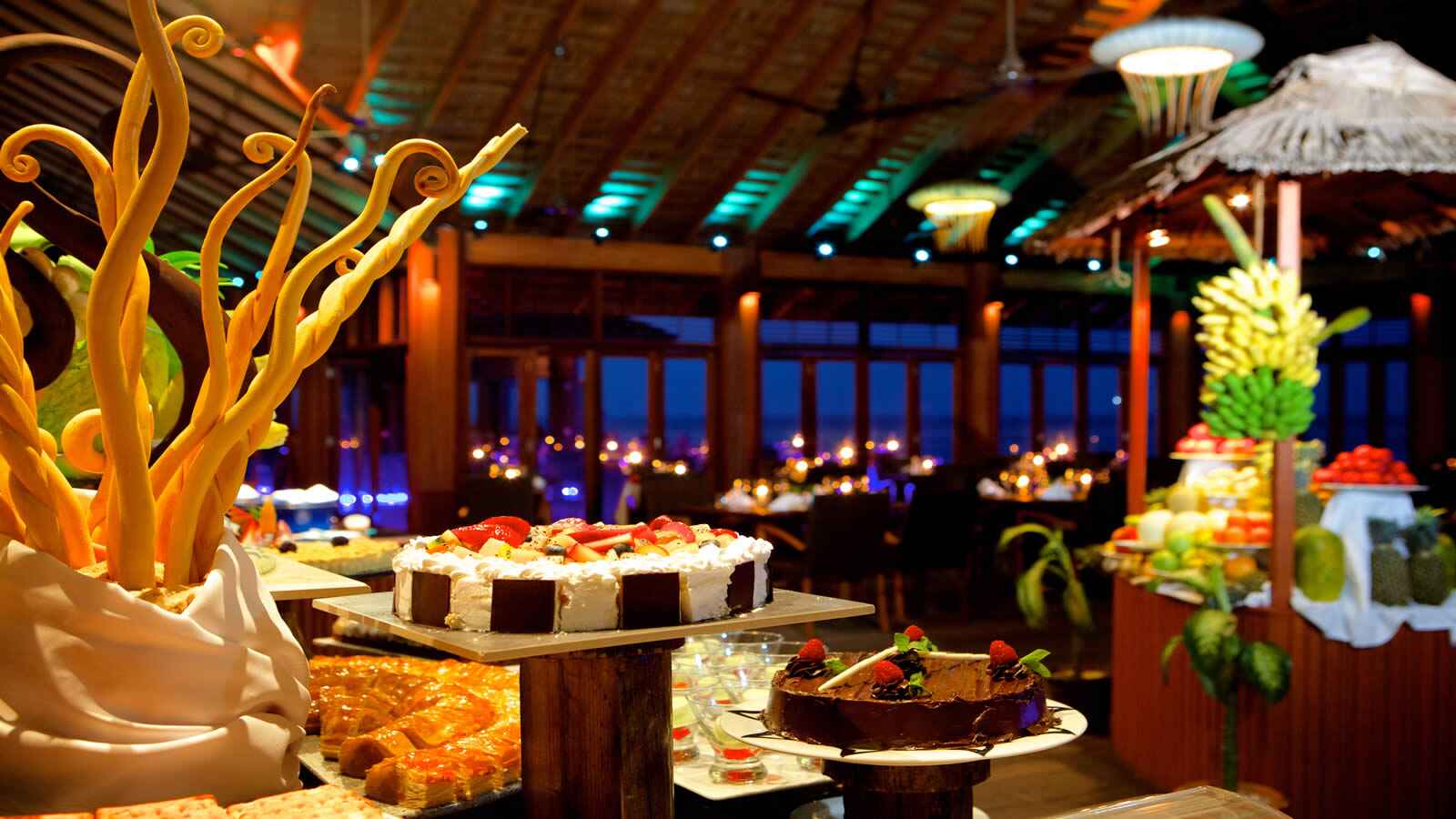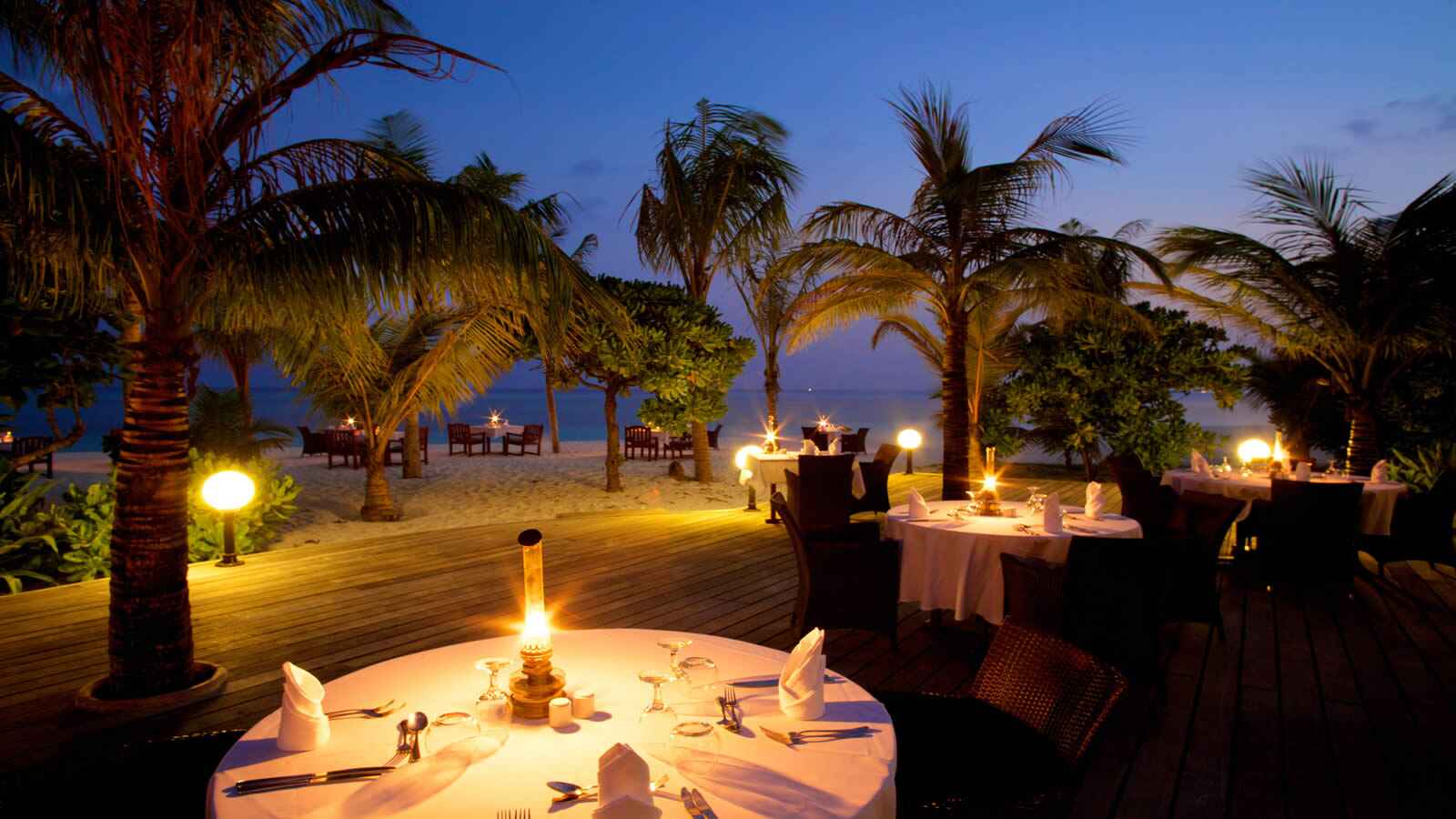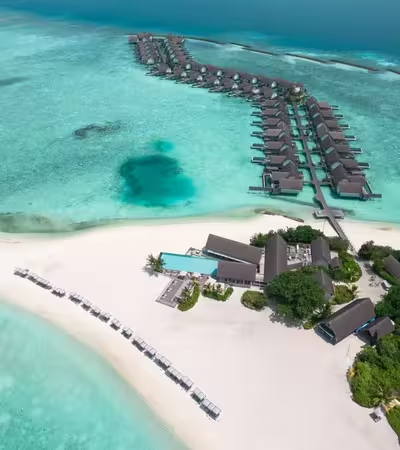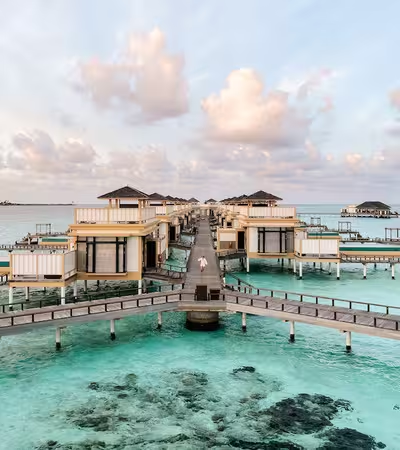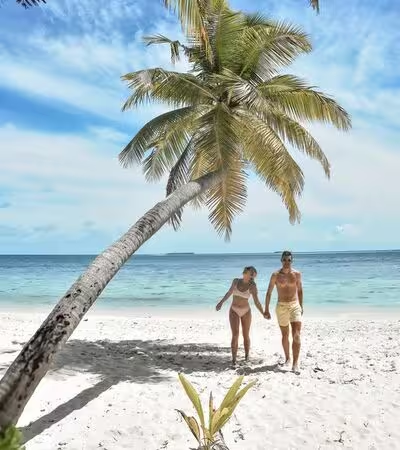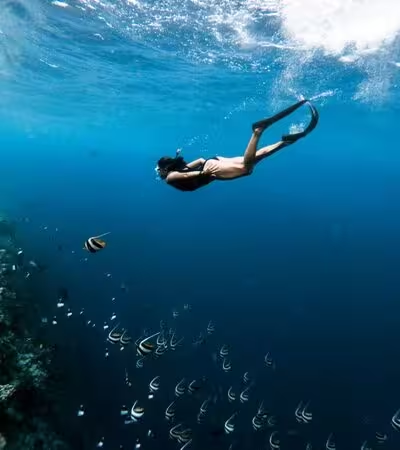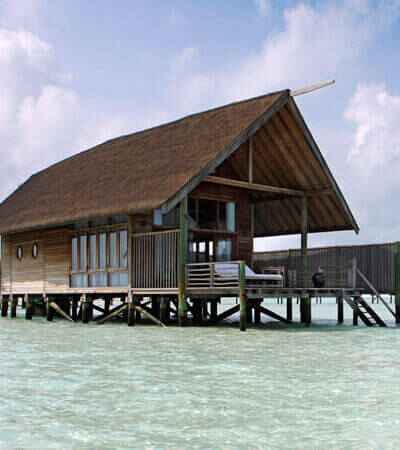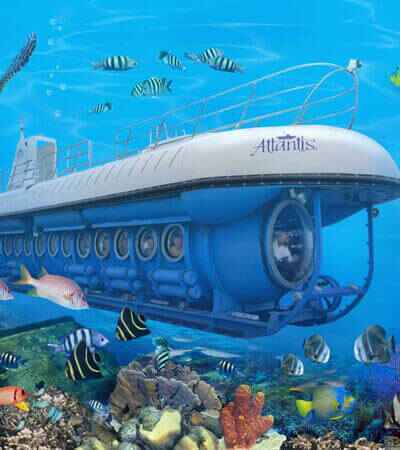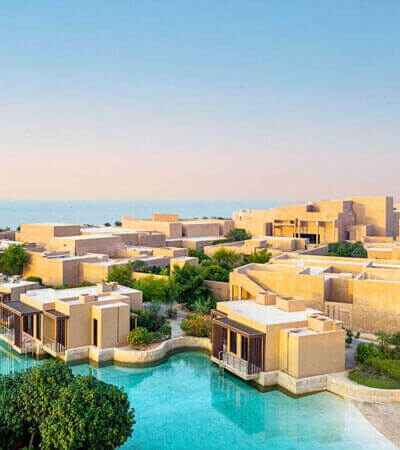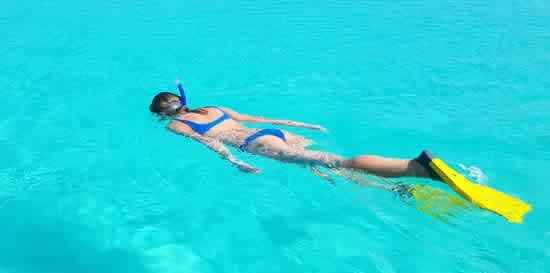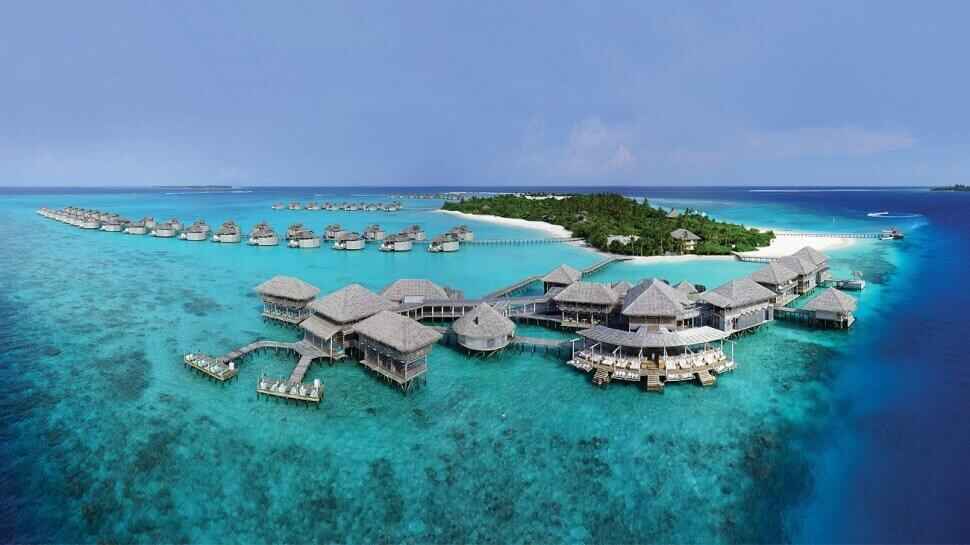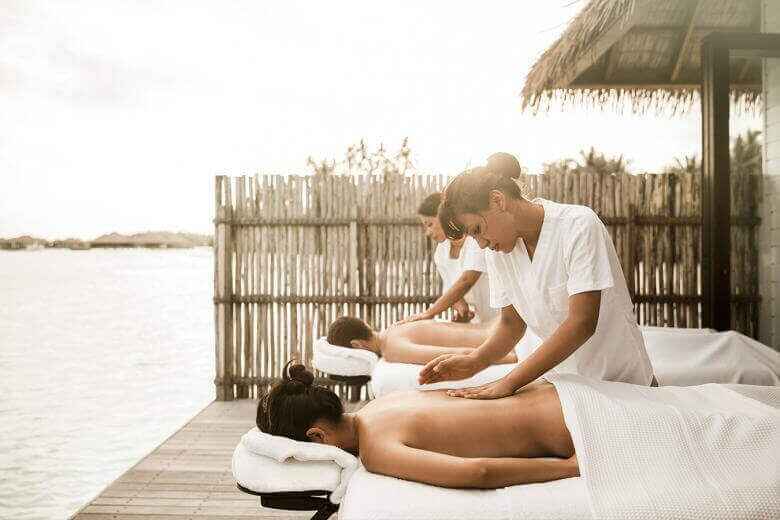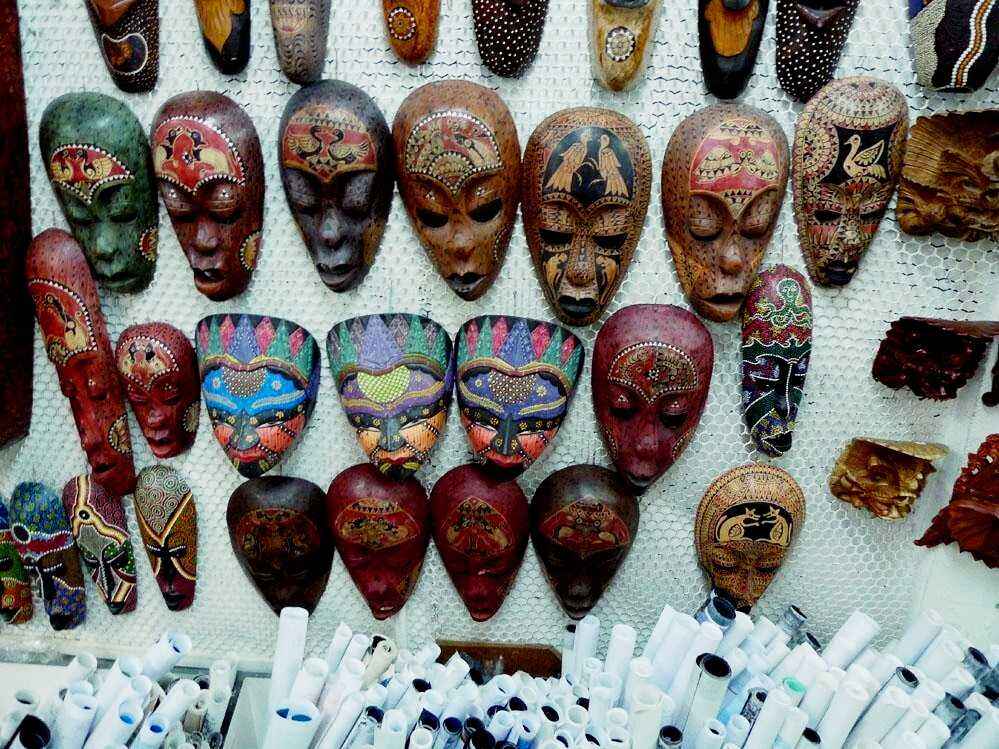
Some private islands have their own stores, gift shops, and tiny boutiques selling apparel, cosmetics, and of course, souvenirs. The goods that can be bought in Male or on nearby islands may not be in any way different from those that are offered on private islands. Nothing besides the cost. The cost increases with distance from the city and populated islands. This is a result of elevated transportation expenses and a lack of competitors. Additionally, be aware that the Maldives do not have a tax-free system.
If you enjoy lovely cups, fridge magnets, interesting porcelain or glass figurines, and other manufactured things, search for them to be crafted in... China, Thailand, India, Indonesia, or Sri Lanka are the most likely candidates. The Maldives don't produce any souvenirs. The Maldives have nothing to do with the aesthetic beauty that you see sparkling on store shelves. They recently paid a visit here, just like tourists.
Then again, locally produced handicrafts are a different story. These might include items constructed of wood, various home appliances, decorations, and works of art created from coconut shells. It is preferable to get authentic handcrafted souvenirs from nearby islands.
Mats Weaving
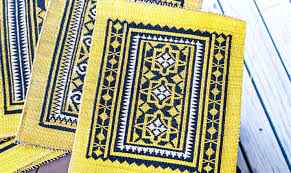
Mats or "Kunaa" was essential for the early natives. Generally they were utilized for sitting and resting among different purposes. Mats was additionally made as illustrious blessings by Maldivian rulers. Craftsmanship projects made during weaving are as yet tantamount to present day surfaces. In any case, the procedure utilized is extremely straightforward, and essentially it's basic imagination that produces stunning plans.
Screw-pine leaves are gathered and dried in the sun. In the wake of utilizing common colors to paint them in three fundamental tones: dark, earthy colored and yellow. A straightforward loom and a blade are utilized to slice the pandanus leaves to deliver different examples on the carpet.
Coir Ropes
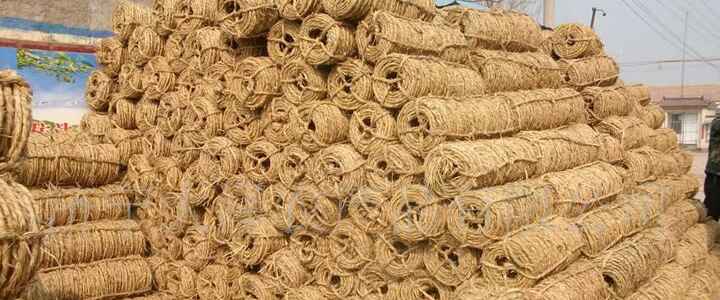
Coir rope making or Roanu Veshun (in Dhivehi) is one of the conventional crafted works in the Maldives. The ropes from fiber of coconut are a significant piece of life in the Maldives, since they had an extraordinary use. Ropes were generally utilized by early pilgrims for the development of cabins and loungers, and the development of cruising ships or conventional "growths" houses. Antiquated Maldivians picked coconut strands, as this is a sturdy material, just as an effectively open item.
Individuals of the northern most atoll of Maldives, Haa Alif atoll is well known for the creation of the exceptionally credited fine coir rope called "aiyvaa roanu". Coconut shells are impregnated for around half a month, keeping them on the sea shore. At that point they are ground and the filaments are isolated, which are washed and dried in the sun. At that point physically curve and mesh into ropes of different sizes. Contingent upon the ideal thickness of the coir rope, scarcely any strands (around 6-10) are taken into the palms and the finishes of these strands are joined to the closures of another couple of strands by turning between the palms. This technique is kept on delivering a heap of coir rope of a decided length. The way toward meshing coir into rope is privately known as "roanu veshun". The coir ropes or 'Roanu' are currently fundamentally utilized in elaborate purposes.
Dhoni Crafts
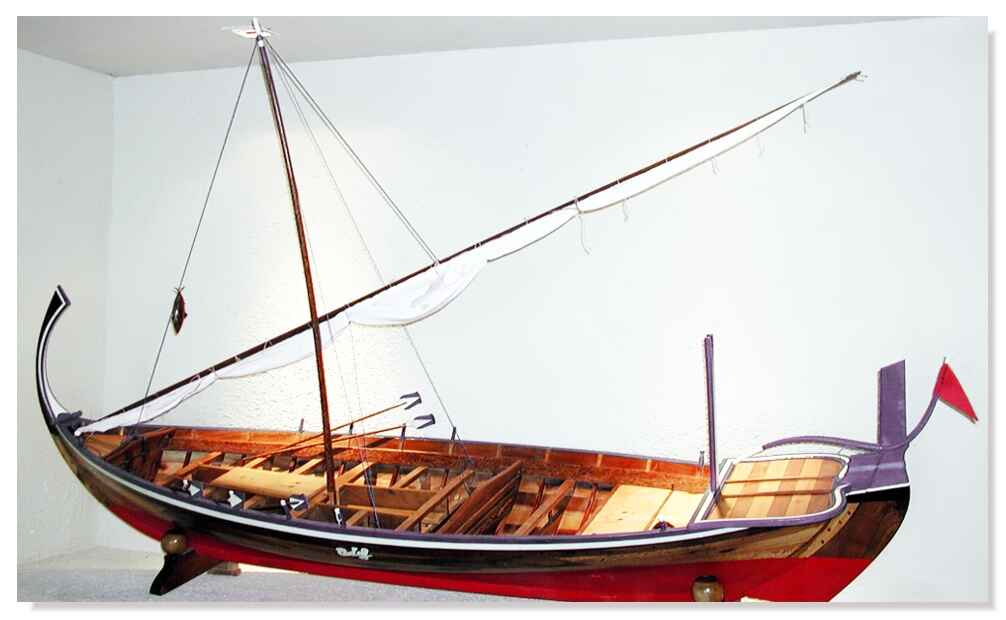
Dhoni or cruising boats are the primary innovation of the Maldivians, as they were the principal methods of transport among the islanders. Cruising ships are intended to withstand the force of the seas and to give quick movement. Making of scaled down models of these old show-stoppers is known as Dhoni making.
In the Maldives, models of various size and quality are ready to move. Maldives specialists primarily use wood, making shocking models, highlighting antiquated ocean vessels. Portions of the boat are cleaned and stained before they are installed in the model.
Lacquer Works
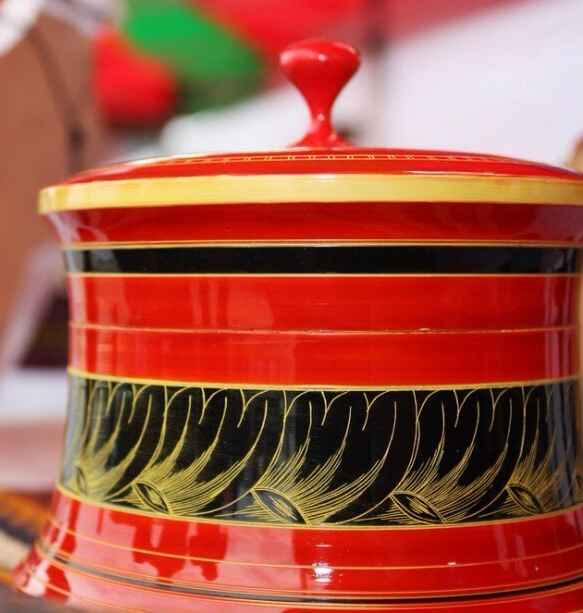
Veneer works in the Maldives is otherwise called Liye Laajehun and has consistently been a grand craftsmanship that has delivered innovative plans that have made due throughout the entire existence of the Maldives. Since old occasions, the procedure has been utilized to make jars, coffins and kitchen product of unimaginable excellence, which were for the most part utilized by the Maldivian illustrious families.
This is an extremely beautifying workmanship made by experienced experts, in which machines are utilized to cover layers of shaded lac up formed wood. Normally the craftsman begins with a splendid tone and finishes with a dim tone, for example, dark. At that point the craftsman utilizes a sharp tip to remove drawings that uncover the lower layers. Toward the end, clean is applied and the item is prepared for use. The youthful and skilled MVLacquer group from the island of Thulhaadhoo has a greater number of gifts than to the veneer pen on their site.






